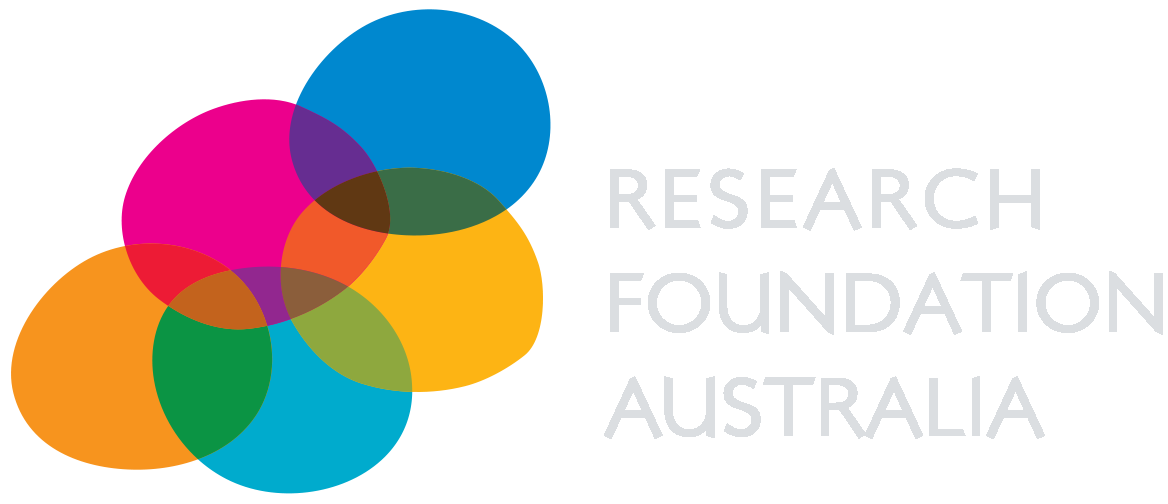If you are the parent of a child with Prader-Willi, Angelman or Chromosome 15 duplication (Dup15q) syndromes, or yourself have been tested and have been diagnosed with one of these disorders, the Free FX research team would like to invite you and your family members to participate in their study.
What is the research project about?
Prader-Willi, Angelman and Dup15q syndromes are distinct neurodevelopmental disorders caused by alterations in genes located in a specific region of the long arm of chromosome 15 (called 15q). This region contains genes, like SNRPN and UBE3A and others, which are very important for brain development. Unlike most other genes in the body, these genes behave differently depending on whether they are inherited from the mother (maternal) or from the father (paternal); this is a biological mechanism called 'genomic imprinting'.
Sometimes a child is born with differences in her/his chromosome 15 and/or in the genes located in the 15q region.
- When there is paternal information missing from chromosome 15q, this causes Prader-Willi syndrome
- When there is maternal information missing from chromosome 15q, this causes Angelman syndrome
- When there is extra maternal information present from chromosome 15q, this causes Dup15q syndrome.
Overall, missing or extra genetic material at chromosome 15q is associated with the medical problems, intellectual disability, behavioural difficulties and autism, and these features are seen in individuals with Prader-Willi, Angelman and Dup15q syndromes which can all be considered imprinting disorders. In this study we will test a number of new highly accurate laboratory methods, which can tell us about a person's level of activity of the gene SNRPN, which is one of the genes on chromosome 15q. We want to find out how early after birth these tests can be used to predict intellectual disabilities, behavioural problems and autism in children and adults who have alterations of the SNRPN gene. We hope that this research will lead to earlier diagnosis and a better understanding of the needs of families with chromosome 15 disorders. This may lead to improvements in quality of life through earlier access to intervention programs aimed to unlock children's full potential in life.
What does taking part in the research project involve?
To take part in this study in Victoria, participants need to be under the age of 45. To take part in this study in New South Wales and Tasmania, participants need to be under the age of 20. Taking part in Victoria involves one visit at the Murdoch Children Research Institute (MCRI, based at the Royal Children's Hospital). Taking part in New South Wales involves one Visit at Hunter Genetics. Taking part in Tasmania involves one study visit at the clinics attached to the Royal Hobart Hospital.
During this visit we will take blood or saliva sample for some genetic testing and conduct an assessment of your and/or your child's behaviour, thinking and memory skills, which will involve for example being asked to solve puzzles and remember lists of words. The assessment will take approximately 3 hours. We will reimburse you a reasonable amount for your visit travel costs to the site of the appointment in order to participate in this project. Alternatively, we can organise a research assistant to come to your home to do the assessment. For the participants assessed in New South Wales and Tasmania, or for participants assessed at home, the study genetic counsellor may organise a separate time most convenient to the participants for blood or saliva samples to be collected.
What are the possible benefits of this research?
This research will help us to have a better understanding of the problems that are caused by specific alterations to the long arm of chromosome 15, and may help to develop better treatments and early intervention programs in the future. Depending on the outcomes of the assessments the team does for you and/or your child, they may be able to discuss any potential referral for specific intervention programs in the future. If you chose, the team can also provide you with the results of your genetic and psychological testing.
More information
If you would like more information about the project or to speak to a member of the research team, please contact:
- Victoria and Tasmania: Ms Chriselle Hickerton, Research Genetic Counsellor, ph: 03 9936 6729 or 03 8341 6209, email: chriselle.hickerton@mcri.edu.au
- New South Wales: Carolyn Rogers, Research Genetic Counsellor, ph: 02 4985 3100, email: carolyn.rorgers@hnehealth.nsw.gov.au









